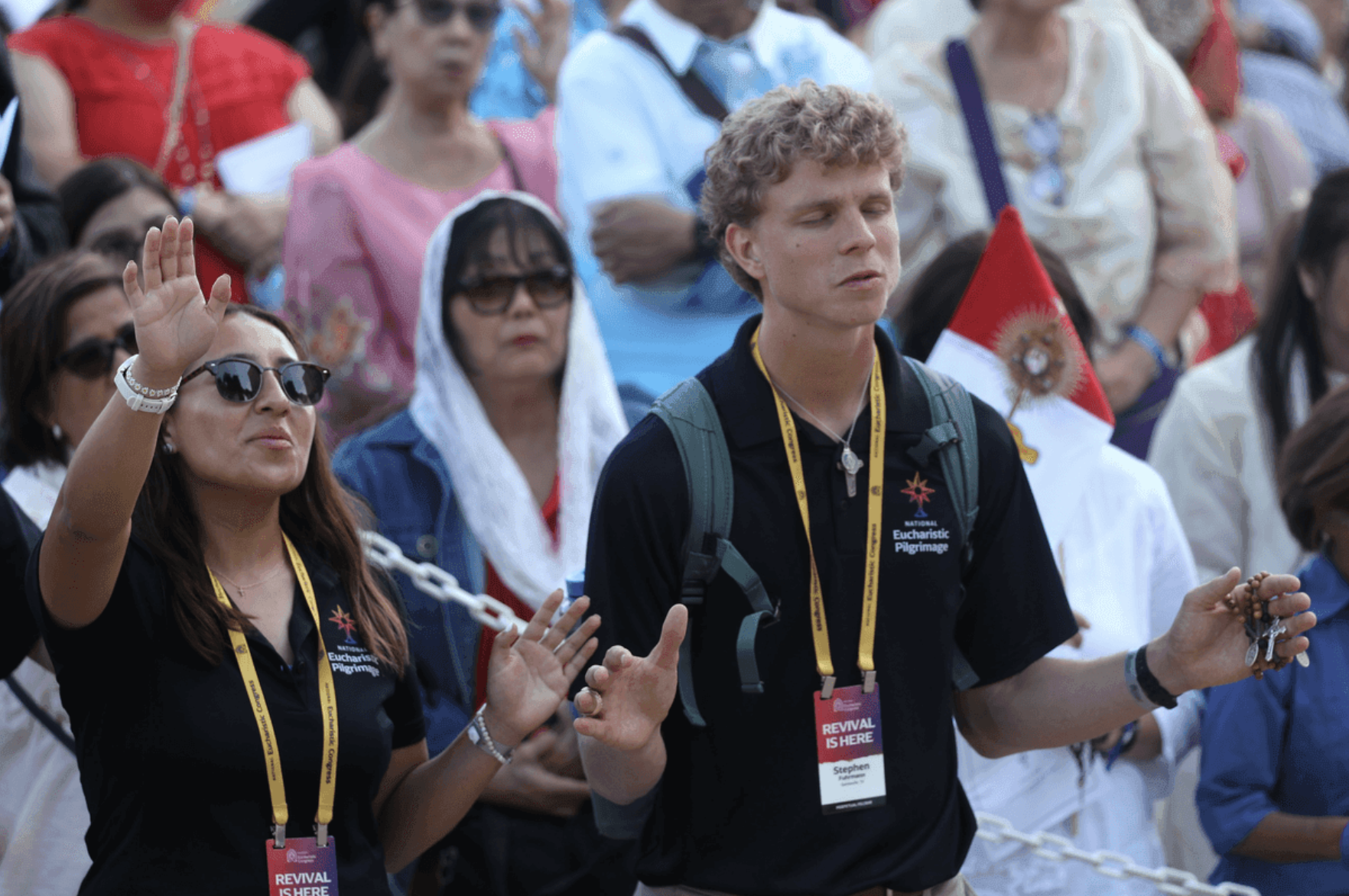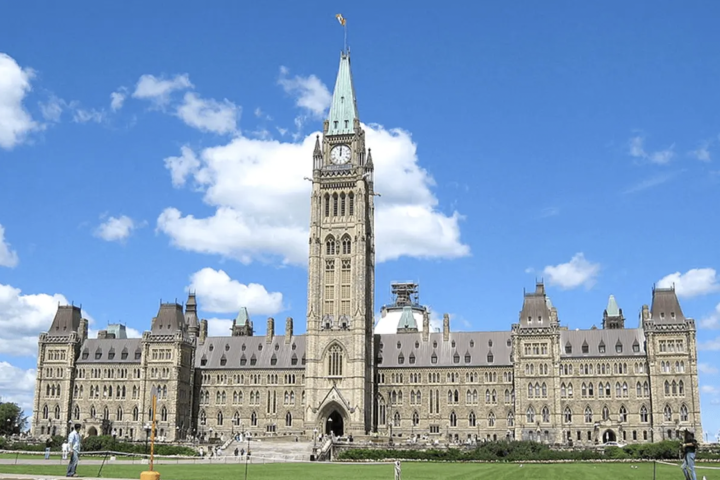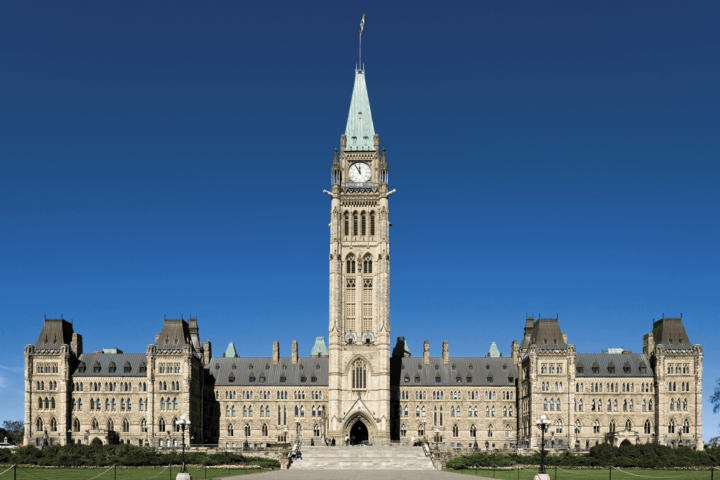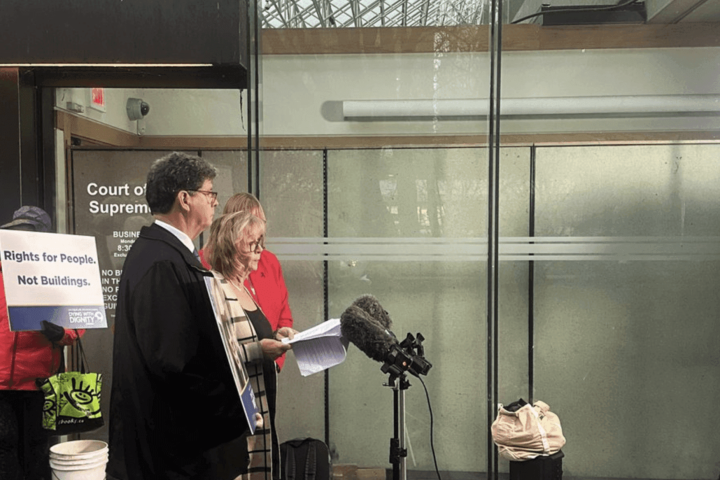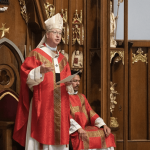TORONTO (CCN) — A survey jointly released by the Cardus think tank and the Angus Reid Institute (ARI) on Nov. 6 indicates 18 per cent of 5,000 surveyed Canadians identify as religiously committed, significantly less than the 37 per cent of the 5,000 polled Americans.
Respondents who self-categorized as religiously committed are more likely to believe in God, pray, read sacred texts and, perhaps most distinguishably, regularly attend liturgical services.
Participants who labeled themselves as privately faithful – 27 per cent of Americans and 19 per cent of Canadians – on Cardus’ Spectrum of Spirituality are likely to engage in worship practices in their own home but are skeptical of organized religion.
The 44 per cent of Canadians and 27 per cent of Americans designated as spiritually uncertain “express doubts over the existence of God or life after death, but do not rule it out.” Notably, 77 per cent of this Canadian segment do “say they have feelings of faith and spirituality.”
Nineteen per cent of Canadians branded themselves as non-believers in contrast to 10 per cent of Americans.
This year marked the first time since the Spectrum of Spirituality index was established in 2017 that Cardus and ARI sought data from Americans in order to present a cross-border comparison of religiosity.
“I don’t think the overall numbers are a surprise,” said Ray Pennings, the executive vice president and a co-founder of Cardus, in reaction to the data. “We’ve known for some time that if you count religious activities, typically in the States on a per capita basis, you end up with almost double the rate that you do in Canada. What I thought was interesting was that the nature of that religious activity, both in terms of the satisfaction it was providing people as well as their participation in public life, is very different in the two countries.”
Pennings alluded to how 70 per cent of Americans strongly or moderately agree with the statement “I’m public about my religion and faith and don’t mind other people knowing I’m a believer,” as opposed to 56 per cent of Canadians.
More strikingly, 56 per cent of Americans believe that individuals who hold public positions should “feel free to speak and act based on their religious beliefs,” a sharp difference from the 66 per cent of Canadians who indicated we should “keep God and religion completely out of public life.”
Correspondingly, 64 per cent of Canadians either strongly or moderately disagree that “religion is very important to my day-to-day life,” while 58 per cent of Americans strongly or moderately agree.
This chasm also bears out with 32 per cent of Americans indicating they feel God’s presence every day, compared to 44 per cent of Canadians who stated they never feel God’s presence. A “few times a week, once a week or so, once or twice a month, a few times a year and only rarely” were the other options for this question.
A glimmer of hope that the religiosity of Canadians will improve in the future is evident in respondents aged 18-24. Twenty-four per cent of this grouping identified as religiously committed, the highest of any age bracket. Participants who are aged 25-34 followed close behind at 23 per cent,
“What you find is people are looking for genuine orthodox religiosity, a sense of the transcendent,” said Pennings. There’s a real sense that the liberal secular promise of meaning and satisfaction is not surviving the loneliness and the broken relationships that so much of society has found. People want a sense of belonging, they want a sense of meaning, and they want a sense of purpose. And when they’re not finding it elsewhere, they are turning to religion.”
The findings will be formally presented during a Cardus25 Research Showcase & Panel Discussion event with the ARI on Nov. 21 at Cardus’ Ottawa office from 11:30 a.m. to 3 p.m. local time.
Read the full study at angusreid.org.


